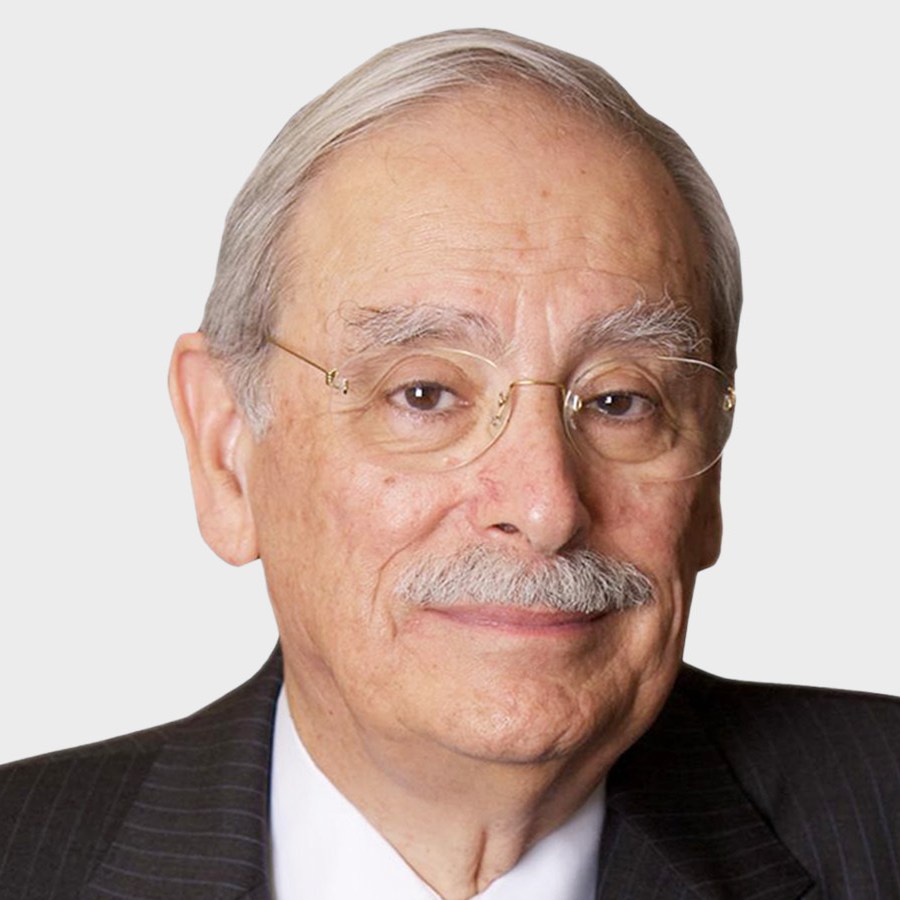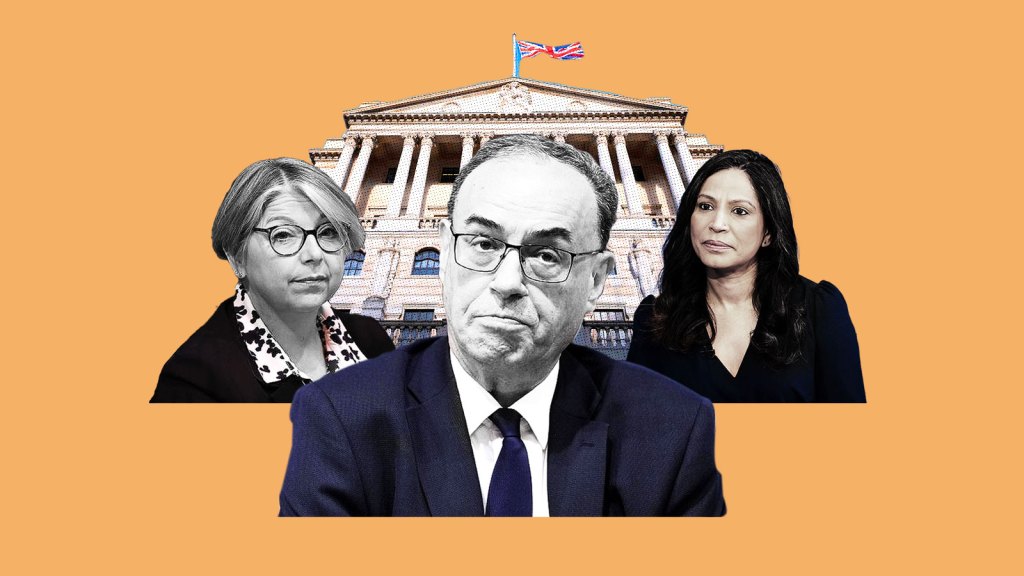Indivior Withdraws from London Market: A Growing Trend
Indivior, the pharmaceutical company specializing in medications for opioid addiction, has swiftly exited the London stock market after announcing its intention to shift its primary listing to Nasdaq last February. This move further underscores the trend of companies moving away from the London Stock Exchange as their primary stock market.
The company initially planned to keep a secondary listing in London, contingent upon what was deemed beneficial for Indivior and its shareholders. However, the decision was quickly made to entirely delist from the London exchange, focusing solely on its Nasdaq listing, where it had previously been established as a secondary option two years prior.
Indivior’s departure—roughly a decade after separating from Reckitt Benckiser—reflects ongoing concerns in both the City and Westminster regarding the vitality of the UK stock market. Nonetheless, this shift was anticipated.
Although Indivior, headquartered in Slough and with manufacturing and R&D facilities in Hull, is considered a British entity, the bulk of its operations are aligned with the United States. The company has its global headquarters in Virginia and generates over 80 percent of its revenue from the US, significantly impacted by the ongoing opioid crisis. Notably, over 70 percent of its stock market value is held by American investors.
This situation mirrors other firms that have relocated their primary listings to the US, raising alarms about the health of the London market. Companies such as Ferguson, specializing in heating and plumbing supplies, and CRH, a building materials supplier, have similarly shifted focus towards North America. Additionally, Flutter Entertainment, owner of Paddy Power, is increasingly engaging with the rapidly expanding US gambling market.
While Ferguson, CRH, and Flutter have opted to maintain secondary listings in London, Indivior, with a market valuation of £1.1 billion, is taking a step further by completely relinquishing its presence on the London exchange, contributing to the ongoing contraction of the UK’s stock market, exacerbated by the acquisition of undervalued UK-listed firms and a lack of new entries into the market.
In response to this trend, the Financial Conduct Authority and the UK government are implementing reforms designed to enhance London’s attractiveness for public listings. These reforms include a relaxation of listing regulations introduced last July. However, anticipated recovery in initial public offerings this year has been stifled by volatile market conditions impacted by erratic policy decisions.
Is Indivior’s absence from London a significant loss? The consensus suggests perhaps not, especially considering the company’s troubled history, including the imprisonment of former CEO Shaun Thaxter in the US for his role in the misleading marketing of Indivior’s Suboxone, used for opioid addiction treatment.
Indivior’s shares, which peaked at nearly £25 in 2018, plummeted to 150p at one stage due to various legal challenges. As of last night, its stock closed down 28.5p, or 3 percent, at 916p, yielding a total return of only 28 percent since the demerger, significantly underperforming against the FTSE All-share’s 98 percent return during the same timeframe.
Financial Innovations by Monzo
Monzo, the digital banking entity, is emerging as a potential player to help rejuvenate the London stock market, although CEO TS Anil is downplaying speculation regarding a near-future IPO.
Despite this, Anil has expressed aspirations for an initial public offering rather than a sale to a competitor, believing that Monzo, based in London, could evolve into a leading public company one day.
The decision on whether to pursue a listing in the UK or the US—a move reportedly favored by Anil—remains. If Monzo chooses to go for an IPO, the aim would be to secure a substantial valuation akin to technology firms rather than traditional banking standards.
During the presentation of the annual results, Anil stated, “We believe that the best tech companies in the world share values similar to Monzo, such as organic rapid customer growth and robust customer engagement, fostering a deep sense of trust and loyalty.”
While his description of the “Monzo magic” may reflect a departure from conventional banking perspectives, it aligns with their strategy—not primarily acting as a lender, with net loans recorded at £1.6 billion compared to customer deposits totaling £16.6 billion.
Monzo’s vision is to establish its app as a comprehensive “financial control center” for customers, facilitating various functions, including investments and bill sharing, while minimizing reliance on its own balance sheet. The current pilot testing of its mortgage services exemplifies this approach, with Monzo managing customer interactions while directing actual lending to partner institutions.
With a 25 percent year-on-year growth in customer numbers to 12.2 million, Monzo’s appeal is clear. However, a concern remains: only 33 percent of users consider it their primary bank—an essential figure that must improve for Monzo to fulfill its ambition of becoming integral to its customers’ financial management.
Ben Martin is the banking editor.




Post Comment